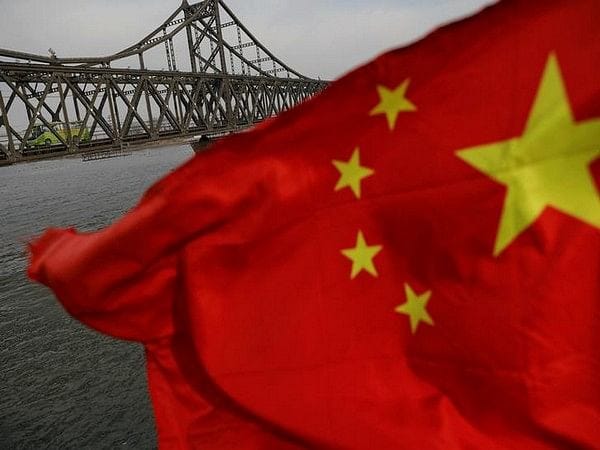Due to stringent trade, investment restrictions, China is gravitating toward WANA region
China's recent outreach to West Asia North Africa (WANA) countries demonstrates that it is seeking solace by establishing economic and investment ties with these countries.
Beijing [China]: Due to China's strict lockdown policy, trade and investment in the country have fallen by significant margins, directing the Chinese government's attention to under-explored geographies such as the West Asia North Africa (WANA) region.
China's recent outreach to West Asia North Africa (WANA) countries demonstrates that it is seeking solace by establishing economic and investment ties with these countries.
According to Geopolitik, the situation is similar to that of the WANA countries, which are eager to collaborate with China on sustainable development, space exploration, and infrastructure development.
An increase in interest in Chinese language study is another indicator in the area. China has increased its engagement with a number of these countries by negotiating strategic cooperation agreements with Algeria, Egypt, Iran, Saudi Arabia, and the UAE.
The last year has seen a number of high-profile meetings and agreements with WANA nations, including a trip to Beijing by the foreign ministers of Bahrain, Kuwait, Oman, and Saudi Arabia, according to Geopolitik.
In order to strengthen people-to-people ties with the Kingdom, Beijing is attempting to increase bilateral air traffic. According to GeoPolitik, China Railway 18th Bureau Group Co. Ltd. is developing a tunnel project with a Saudi company named Abdulali Al Ajmi Co. that includes highways, tunnels, a telecom network, an energy distribution network, and a water distribution network.
Furthermore, the Chinese company Huawei is working on a number of projects in Kuwait, including 5G, cloud services, and ICT training for young Kuwaitis.
Similarly, M/s China Vanguard Industry Corporation (CVIC), a Chinese state-owned military equipment trading company, supplies the Qatari Armed Forces. Missiles, support equipment, replacement components, and technical training are all included in the supply.
Furthermore, Morocco has become an important location for Chinese investments in Africa, hosting over 80 projects throughout the country. This country was the first in North Africa to ratify the BRI cooperation agreement. Morocco also agreed to the "Joint Belt and Road Implementation Plan" in January 2022, according to GeoPolitik.
China's major causes of the trade and investment slump are zero-covid lockdowns and supply chain issues. The numerous interruptions caused by the lockdowns had far-reaching consequences. Factories have lost production days. In addition, there have been labour shortages and changes to supply and logistical systems. (ANI)



